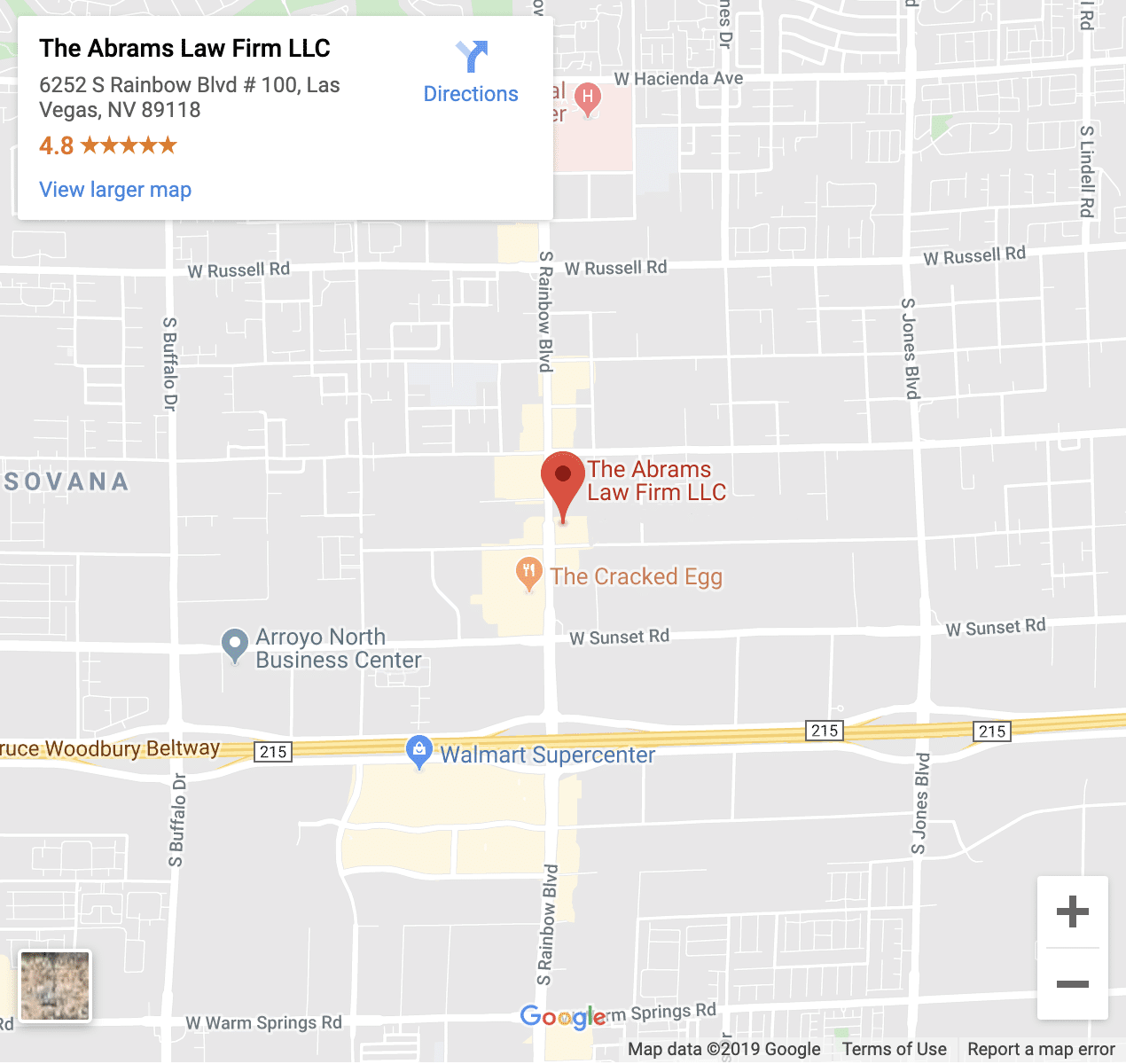How Can You Challenge a Las Vegas Prenuptial Agreement?

The Prenup is Invalid
The principle way to challenge a prenup, either before or during a divorce, is to establish that the agreement itself is invalid. Prenuptial agreements are civil contracts. This means that they follow the principles of contract law. There are various legal grounds commonly used to establish that any sort of contract is unenforceable because it was invalid when executed. If your divorce attorney in Las Vegas can demonstrate that a prenup is invalid, then it will have no legally binding effect on your divorce proceeding. The typical grounds to invalidate a prenup include the following:
Lack of Independent Legal Counsel
Your spouse must provide you the opportunity to secure the advice of your own attorney. Using your spouse’s attorney is not good enough unless you agree to it. Nonetheless, if you choose to use your spouse’s attorney or decline to get your own independent legal counsel, your decision to do so must be in writing and not relate to any other grounds for invalidity.
Adequate Time Frame
If your spouse did not allow you an adequate time frame for you to review the prenup, or have your independent divorce attorney review it, you may have an argument for ruling the agreement invalid.
Fraud, Misrepresentation, or Deception
A prenup is invalid if a party can prove that they were tricked into entering the agreement. If you can show that your spouse lied about material matters pertaining to your marriage, or hid assets or financial obligations when negotiating the prenup, then you have a case for getting the prenup ruled invalid.
Involuntary Signing
A prenup is only valid if both parties entered into the agreement voluntarily. If one party was coerced into signing the prenup through force, threats of force, threats of financial ruin, or other forms of coercion, then the agreement may be invalidated.
Capacity
Contracts are only valid if the parties who enter into them are of sound mind and of legal age. If one party to a prenup lacked the capacity to consent, then the agreement may be ruled invalid. A party might lack capacity if they were intoxicated at the time of signing, if they have a mental disorder, or if they were not a legal adult when they entered the agreement.
Unconscionability
The Las Vegas Family Courts may invalidate a prenuptial agreement if the terms are so shocking that they run afoul of public policy. In simpler terms, unconscionability means that the agreement favors one party so much more than the other that the courts find it invalid.
Unenforceable Terms
In addition to invalidating the agreement in its entirety, a party can refuse to comply with certain terms of a prenup that are legally unenforceable. Not everything is subject to contract, and there are terms common to prenuptial agreements that the law refuses to enforce on public policy grounds. Specific terms that are not enforceable in prenups include:
Child Support
Child support is a legal obligation owed to the child, not a parent. A prospective couple cannot include a term in a prenup that lowers the amount of child support one parent will owe in the event of divorce. A prenup can be used, however, to agree to a greater child support obligation than that required by law.
Illegal Conduct
A prenup, like any other contract, cannot call for a party to violate the law.
Child Custody
A prenup cannot preemptively determine child custody. The parties and the court will decide upon child custody based on the best interests of the children at the time of divorce.
Alimony
A prenup can limit alimony to some extent, but it cannot eliminate alimony altogether or set alimony at too low a level if either action would leave one party destitute.
Best Interests of the Child
A prenup cannot waive the court’s right to determine the best interests of the child for specific purposes.
Las Vegas Prenuptial Agreement Experts
Our divorce lawyers in Las Vegas have decades of experience with complex prenuptial agreements, including those covering hundreds of millions of dollars. They are ready to draft and execute a valid prenuptial agreement or challenge invalid provisions in an existing agreement. One of our lawyers will explain to you what we offer our clients. Then you can decide if a consultation is right for you. Call our office at 702-460-8005 to personally speak with one of them.
Business Ownership in Divorce Proceedings
7 Mistakes Professionals Make in Divorce
Do You Qualify for Alimony Payments in Your Divorce?
Bill Gates Divorce
Pensions and Divorce in Las Vegas
Lottery Winnings in a Las Vegas Divorce
Pitfalls to Avoid in Prenuptial Agreements
Grandparents Rights
What is Temporary Spousal Support?
Divorce and Social Security Benefits


